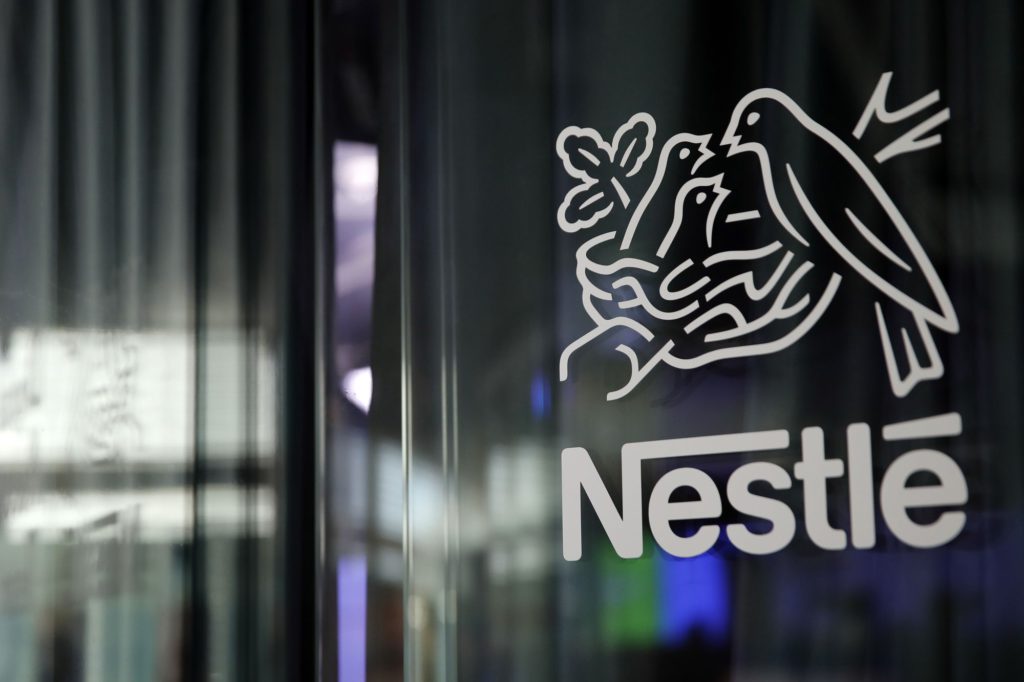Nestle SA Chief Financial Officer Francois-Xavier Roger foresees a challenging six months before inflation starts to ease in the second half of 2023.
(Bloomberg) — Nestle SA Chief Financial Officer Francois-Xavier Roger foresees a challenging six months before inflation starts to ease in the second half of 2023.
“We are likely going to go into a recession — we know that the next six months are probably going to be complicated and difficult,” the executive at the maker of Nescafé and KitKat said in a broad-ranging interview this month. That will trigger a slowdown in consumption, he added.
Consumer-goods groups like Nestle have been grappling with sharply higher input costs in 2022. Many have pushed through record price hikes, denting demand for their products. Rate hikes in major economies such as the US, the euro-area countries and Britain are an additional strain on households.
Cost increases for commodities such as palm oil, coffee and wheat have eased off recently. But further wage inflation and electricity prices rocketing in Europe will add pressure.
At an investor presentation in Barcelona on Nov. 29, Nestle Chief Executive Officer Mark Schneider said that the company had not been able to fully compensate for rising costs, adding that restoring its gross margin to previous levels will be harder if there is a recession.
Taking Time
“Certainly there will be quite a lot of inflation still at the beginning of next year and for the next six months after that,” Roger said. “I think probably in the second half of 2023 we may start to see some softening.”
Nestle shares edged higher in Zurich.
Roger cited freight rates as a good indicator that a recession is around the corner. The price to ship a maritime container on the benchmark Shanghai-to-Los Angeles route has plummeted to below $2,000 from around $10,000 at the start of the year, according to Drewry Shipping Consultants.
Nestle, the world’s biggest food company, expects to spend 1 billion swiss francs ($1.1 billion) on investments such as more sustainable packaging and carbon reduction next year, an increase on almost 800 million francs this year and 500 million francs in 2021. Environmental, social, and governance reporting should soon become mandatory, Roger said.
Nestle is working to reduce its carbon footprint and achieve net zero by 2050 and a 20% reduction by 2025 compared to 2018. To do so, it’s altering manufacturing and packaging practices in its supply chain, which accounts for 95% of its emissions. It’s also investing in making more of its plastic packaging recyclable.
The CFO said he is looking for a return on those investments, meaning that “we have an impact in terms of carbon reduction, in terms of plastic reduction, in terms of water reduction.”
(Adds CEO’s comment in fifth paragraph, shares in seventh and sustainability targets in 10th)
More stories like this are available on bloomberg.com
©2022 Bloomberg L.P.










